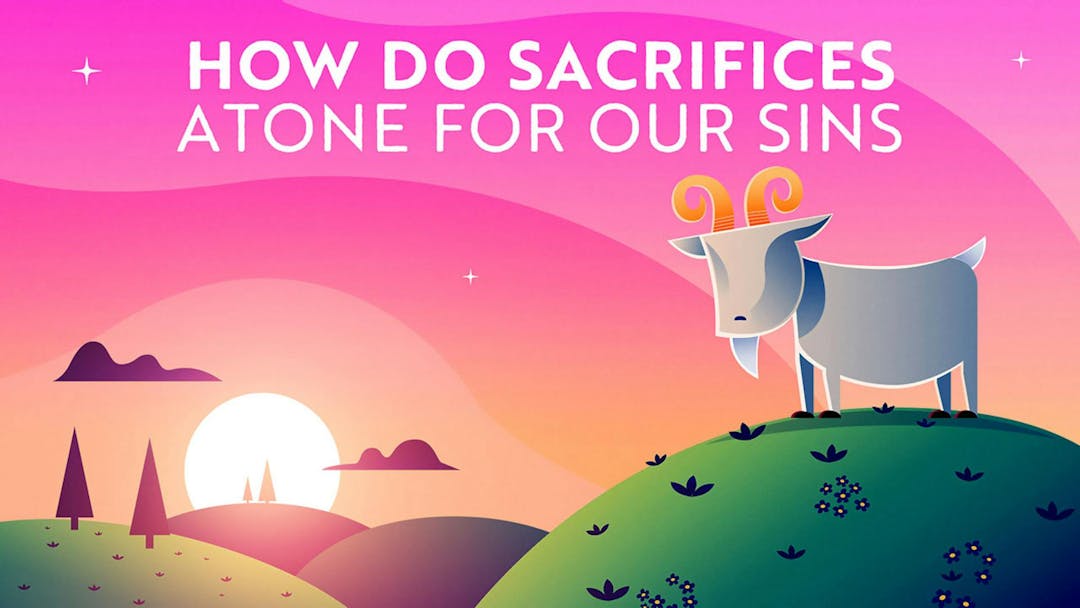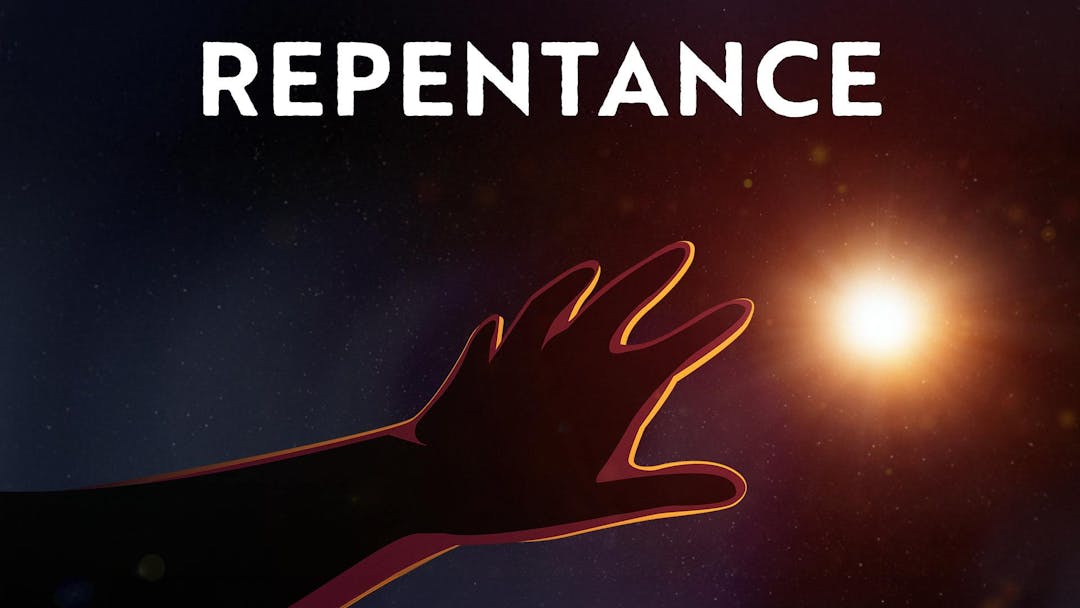Start your free trial today to unlock the full library and enjoy unlimited and uninterrupted access.
Get StartedHow To Do Teshuvah? (Part 1 of 4)
Teshuva: Is There a Wrong Way to Repent?
Teshuvah, or repentance, is a personal and emotional process. Laws are impersonal; they are objective and unbiased. The law doesn’t care about subjective feelings. Nevertheless, Judaism has many laws for our steps to repentance. How can there be laws for something so intrinsically personal? In this video, the first of the course, Rabbi Fohrman presents the essential question regarding repentance that will guide the rest of the course: Can there really be a “right” and “wrong” way to repent?
Discover other great Rosh Hashanah videos at Aleph Beta, including ‘How To Prepare For Rosh Hashanah”, “Rosh Hashanah Judgement Day”. and “The Meaning Of Yom Kippur”
Want to watch the full video for free?
Enter your email and we’ll send you a link to watch the full series free.
What is Aleph Beta?
Aleph Beta is a unique kind of Torah library. Led by our founder, Rabbi David Fohrman, we are dedicated to high-level, textual Torah learning for adults that is intellectually and spiritually sophisticated, that enlivens your Jewish practice and helps you forge a deeper connection to God. Whether you’ve been learning in yeshiva for years or you’re just beginning your Torah journey, you’re sure to find something meaningful and surprising waiting for you here.
Browse our library of over 1,000 beautifully produced animated videos, podcasts, deep dive courses, and printable guides. Topics include the weekly parsha, Jewish holidays & fast days, laws & mitzvot, prayers, relationships, big philosophical ideas and more. Have something to say at the Shabbos table that will amaze your family and guests and bring deep meaning into their lives.













